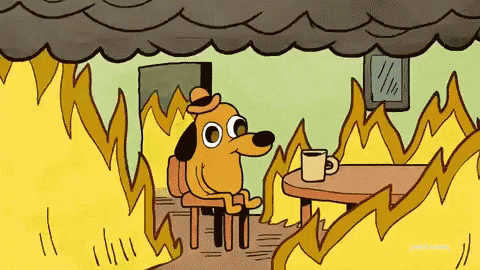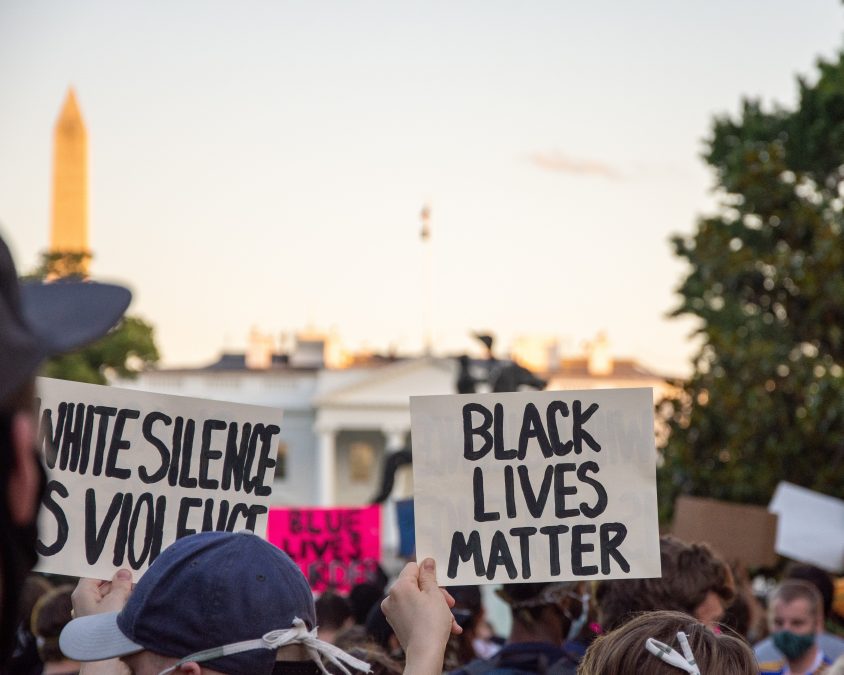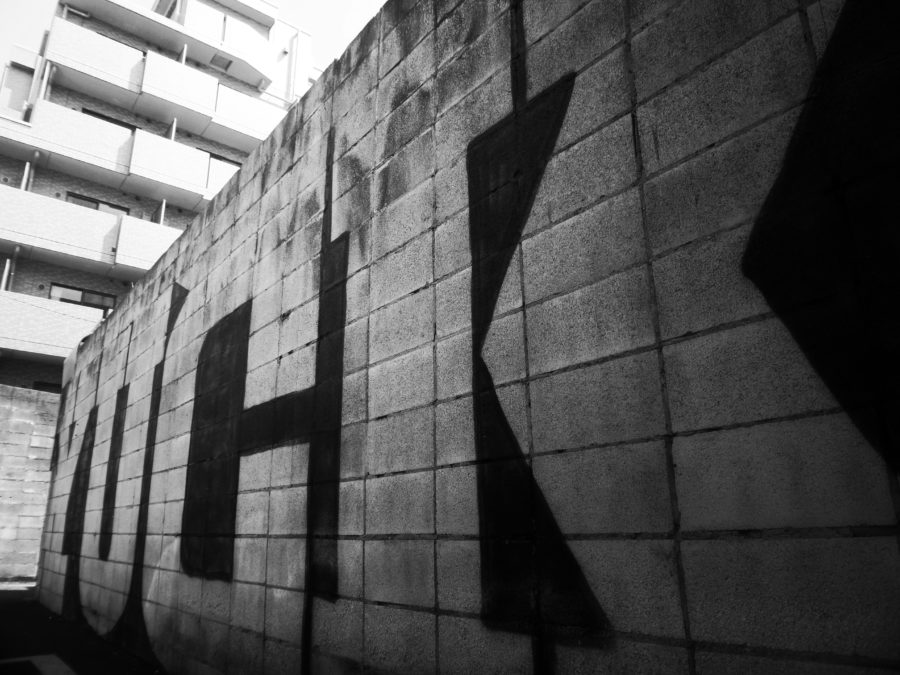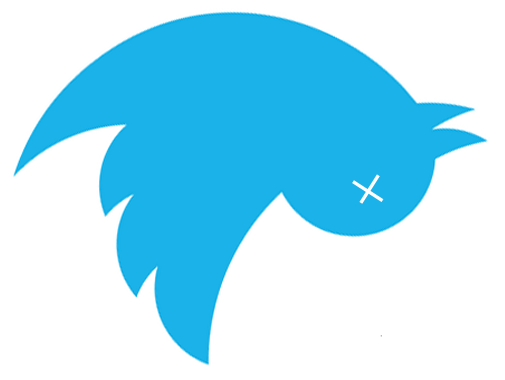
Sheltering in Place: Healthy Ways to Deal with Anxiety and Isolation
March 26, 2020
Client Work vs. My Own Work
July 27, 2020What supports are you relying on in this uncertain time right now?
Looking back at my last blog post, I can’t believe it was written in late March. So much has happened to me personally and globally that prevented me from writing here more frequently.
But I am back. Still, frankly, it is extremely difficult to write about mental health in times like these, even though mental health is of paramount importance.
Frankly, I’m feeling like this:

It’s a bit absurd to keep going as if everything is fine, because everything is not fine.
Since Memorial Day, after George Floyd was extrajudicially murdered over an alleged counterfeit $20 bill in Minneapolis, Minnesota, the U.S. has seen national unrest as we grapple with our bloody, racist history. And I’m sure the COVID-19 pandemic, with its resulting historic unemployment and economic impact, played a catalyzing role in mobilizing Americans, who inspired people across the world to look at their country’s colonial histories.
So, you know, it’s a lot.
And the protests have centered around police brutality of Black people, which has, in turn, propagated more police brutality. People are getting maimed by rubber bullets, and the use of tear gas (which can’t be used in international warfare according to Geneva Convention) during a pandemic of a disease spread through our respiratory systems — it’s especially cruel. I personally cannot watch all the videos of people being harmed by police because it’s traumatizing to watch.
Children especially have been experiencing distress, from distance learning and not being able to see their friends and teachers. For most students, school is over, but now people have been protesting, with violence instigated by police. Explaining that to children can be challenging, on top of a pandemic.
So how do we cope with all the loss of life and brutality of the protests, heal, and grow from all the things we’re learning? I wanted to offer some resources.
- Opportunities providing help and support: Here’s a list of bail funds, fundraisers, and nonprofits from Rolling Stone.
- For the kids: Forbes has some advice from a mental health therapist and a 5th grade teacher on how to support your children’s mental health during these protests, the pandemic, and beyond.
- For protesters: First of all, if you’re protesting, thank you for getting out in the streets and protesting when so many of us can’t. Protesting can take a toll on your mental health, even when it’s nonviolent. This article from Medical Xpress gives some ideas about how to mentally and physically support yourself as you protest.
- Some more mental health support for protesters: GQ interviewed a Black therapist who has been treating protest trauma. She shares some mental health tips on how to cope.
- Even more support for protesters: Some of this help has become outdated as of this writing, but i-D VICE offers some free mental health resources for protesters.
- For everyone: Here’s a great compendium of advice from cNet of mental health advice for these uncertain times.
- For Black people: I don’t even need to tell you that this has been a lot, with both the disproportionate COVID deaths and now addressing the frankly infected wounds of structural racism. On top of that, you may have been called upon to educate white people. BUT you do not have to educate anyone about anything. It is 2020. We have Google and other anti-racist folks offering a ton of resources. So let’s focus on ourselves first. Mashable offers this article with 13 mental health resources for Black people.
- For non-Black people: I do have one piece of homework for you: examine your internalized anti-Blackness and proximity to whiteness. Here’s an article from NBC News for Latinos and an article from Metro.co.uk for South Asian folks. For support, here’s an article from Self with mental health resources for BIPOC.
- For white people: A lot of you are going through an awakening process to becoming anti-racist. I can imagine that it is painful, infuriating, and draining. Welcome to the marathon towards racial justice for all! Katie Couric has compiled an extensive list of resources to further educate yourself on racial justice issues. NPR offers some tips on how to channel your anger to effect change. And here’s another article from Self about self-care.
Life as we knew it has permanently changed, because of COVID and because of the international protests. Statues toppled. Laws and policies have changed. But it’s still a traumatic process, a process that we’ll be in for years to come. So we have to bask in self-care while we educate ourselves of how to be better anti-racists.
I hope you find and become allies and accomplices in the important work of dismantling white supremacy. It’s a long time coming, but the time is now.



